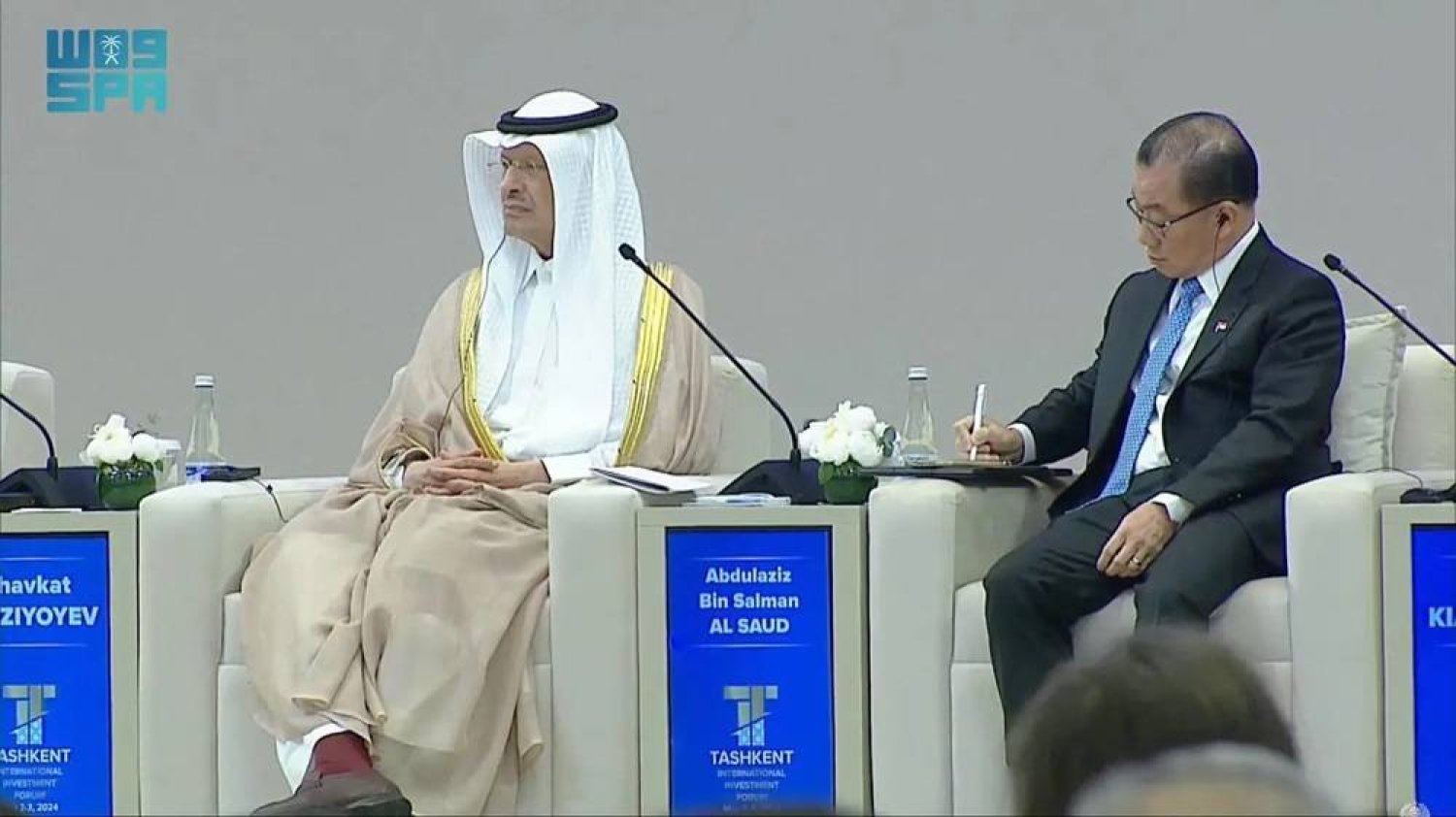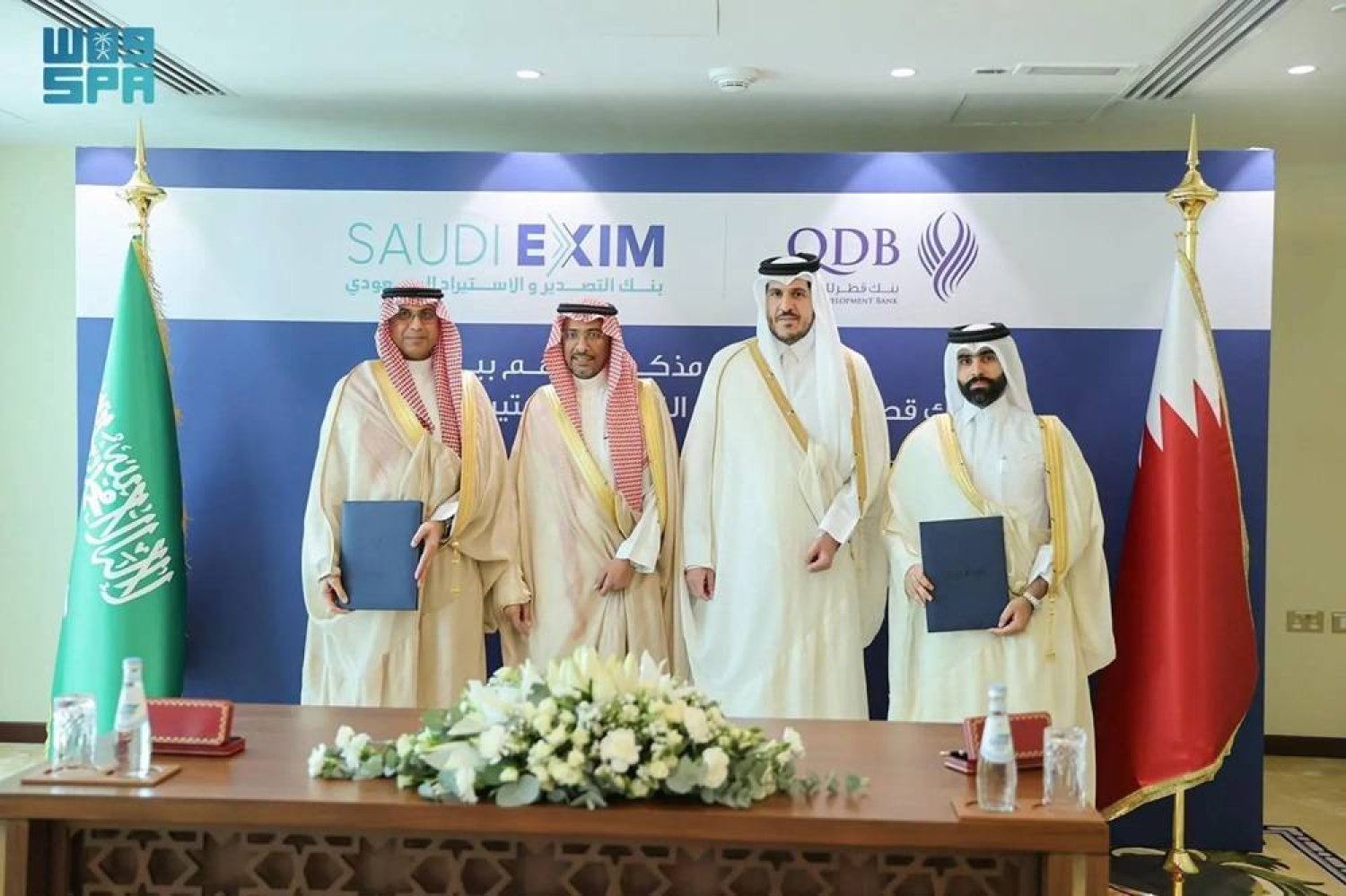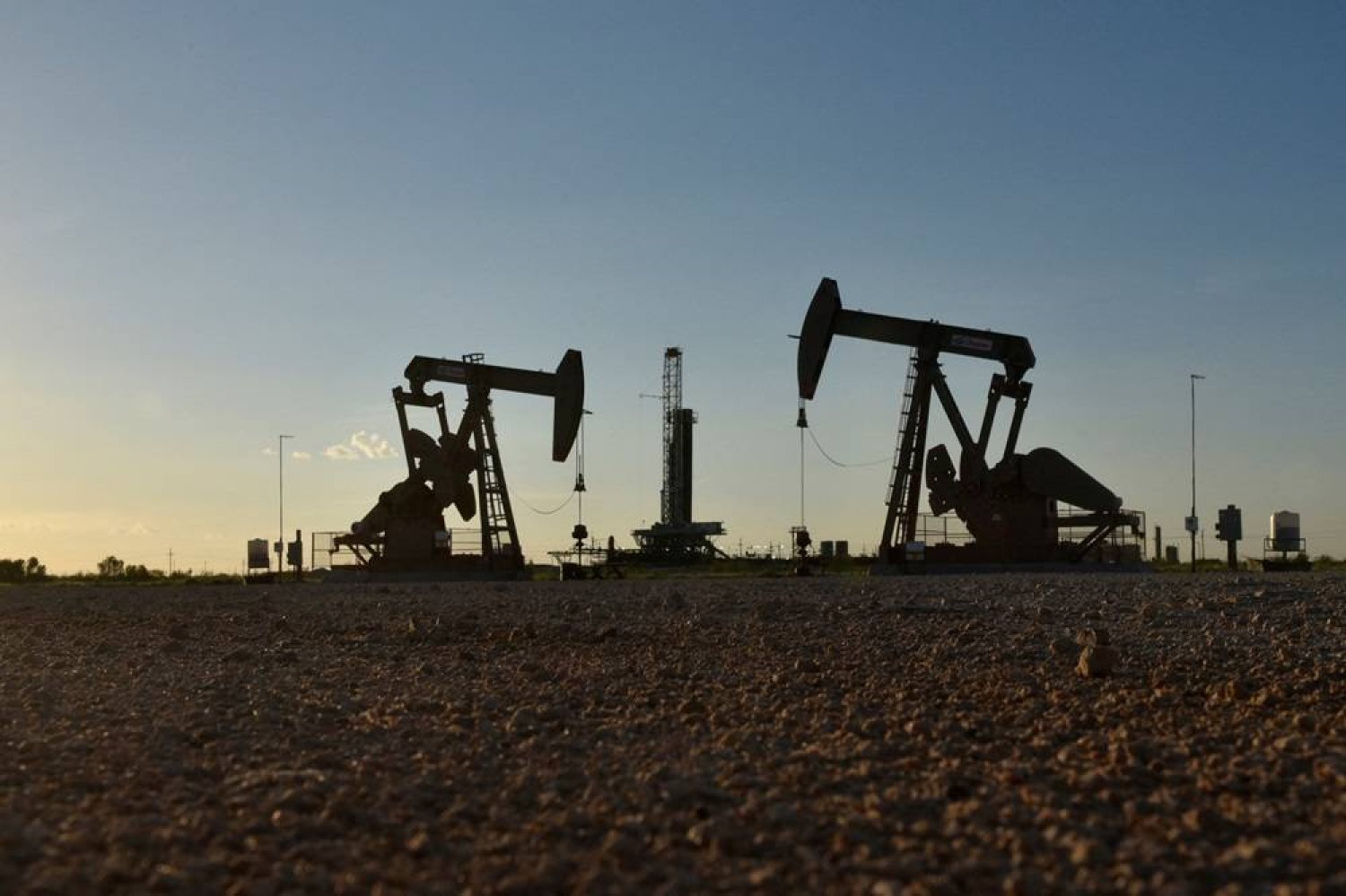Saudi Finance Minister Mohammed Al-Jadaan said the Kingdom will adapt to the current economic and geopolitical challenges and will work to review Vision 2030 to transform its economy based on the current circumstances by reducing the size of some projects and accelerating the pace of others.
Director of the Middle East and Central Asia Department at the International Monetary Fund (IMF) Dr. Jihad Azour praised this direction, saying Saudi Arabia was aware of the rapid global changes and must keep pace with them by reviewing its vision.
He underlined the importance of structural reforms that constitute the largest part of the economic transformation process, pointing out that a number of required reforms would facilitate the integration of the entire Gulf Cooperation Council countries.
The annual report of Vision 2030, issued on the anniversary of its launch on April 25, 2016, showed that 87 percent of the goals of this ambitious plan were completed, or on the right track. However, the growing challenges necessitate some adjustments, as announced by Al-Jadaan during the special meeting of the World Economic Forum, which was held in Riyadh.
Azour participated on Tuesday in a panel discussion, “Expectations for the Economies of the Middle East and North Africa... Policies to Overcome Challenges and Harness Opportunities,” organized by the Think Research and Advisory, which is affiliated with the Saudi Research and Media Group.
He said the transformation journey in Saudi Arabia went through three stages: formulating the vision, ensuring the success of implementation, and adapting the strategy to changes and priorities.
“This is what is happening today. Saudi Arabia is aware that there are global changes taking place rapidly, and it must keep pace with them by amending its vision... In addition, Saudi Arabia is focusing on addressing weak points, identifying successful elements, and ensuring the ability to withstand in the face of economic shocks... Moving quickly is an element of success,” the IMF regional director stated.
The IMF had reduced its expectations for the growth of the Saudi economy to 2.6 percent this year from its previous forecast in January of 2.7 percent. In return, it raised its expectations for growth in 2025 to 6 percent, compared to 5.5 percent in the January forecast.
Azour noted that over the past years, the Saudi economy has become more internationally connected, as its membership in the G20 has allowed it to come under the spotlight, and for reforms to be accelerated to make the economy more productive and competitive, through diversification of revenues.
“There is no doubt that there are a number of required reforms that would encourage the entire Gulf Cooperation Council countries to better integrate... It is possible to accelerate this integration by thinking again about the single market, so that the entire GCC countries become more competitive, in a world where competition is now more difficult due to geopolitical developments,” according to Azour.
He went on to say that structural reforms enabled the GCC countries to manage shocks effectively, which demonstrated their strength during the Covid-19 pandemic.
On a different note, Azour said foreign direct investment has witnessed a decline in the past decade in the region, including within the GCC, adding that negative risks affected countries with high levels of debt.
“It is important for countries in the Middle East and North Africa region to reduce their debts to alleviate the effects of inflation,” he underlined.
Azour explained: “The shipping crisis through the Red Sea constitutes a shock, but if measured, the cost of shipping across the MENA region is still relatively low... What is more difficult to measure is the possibility of predicting what will happen to the Suez Canal, through which a third of the world’s shopping containers pass, which reflects its importance at the global level.”
















